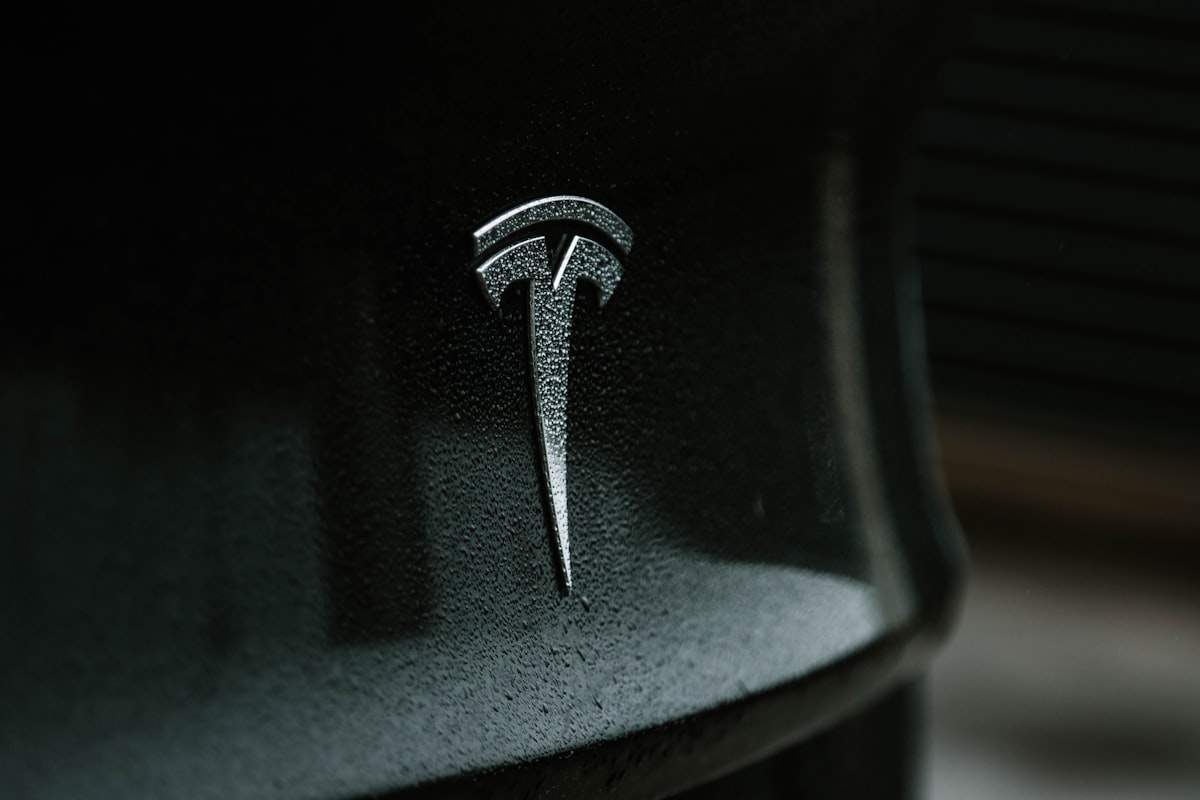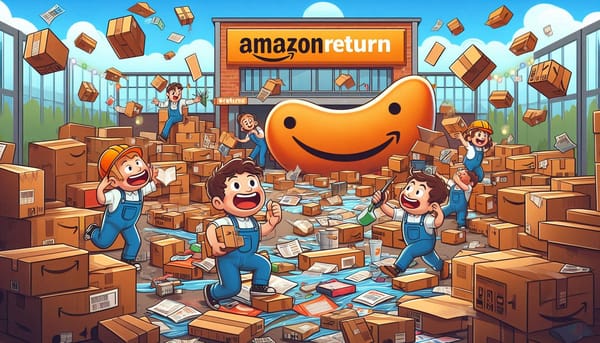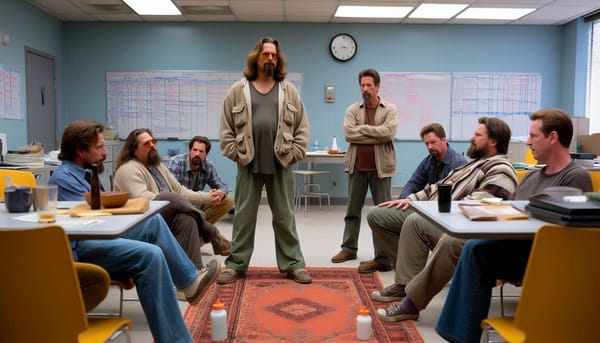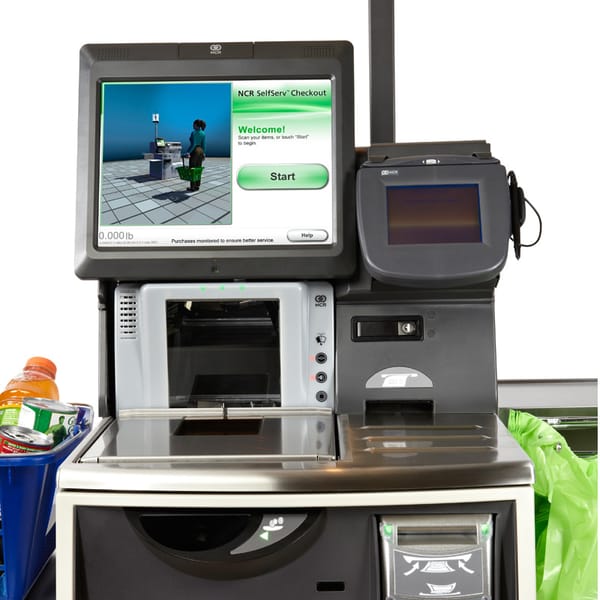Car Makers (re)Discover Market Seasonality
A decade plus of ZIRP, and the hangover from the COVID era supply chain disruption are in the rear view mirror, and automakers need to remember the old lessons of the market.

Look, in the way back time (meaning: before Covid) there were some definite trends in auto sales. There was a big bolus from September through the end of the calendar year. In September the next model year would be released, and people who were waiting for the latest and greatest would rush out to buy. Later in the year, small business owners would rush to buy before the end of the year to get the tax benefits of depreciation (automobiles are often accelerated depreciation assets for businesses, and that leads to a lot of lot-clearing sales to close out the year).
Then at the beginning of the year, sales begin to dry up. Tax season is in the air, and people wait on big purchases until their filings are completed.
After tax day (April 15 here in the USA) the refunds begin hitting accounts, and people suddenly are in a hurry to spend that money, and often instead of saving the money, they go buy a new car.
Covid broke this, at first due to the fact that people weren't going out to eat, or going on vacation, or buying other things, so they had money to buy a car in the interregnum between January 1 and the end of April. So the predictable seasonality was chucked.
Add to that the disrupted supply chains, and lack of inventory on lots led to there being no seasonal cyclicality for 2022, and 2023. Many dealers thought that the old religion of seasonality was forever broken.
But the Economics gods have spoken, and alas the seasonality is back, and dealers are scrambling to adapt to this world. Lots are overflowing, and the days sale outstanding (the number of cars on the lot divided by the length of time to move them) means that often the inventory on hand is more than a years worth of sales, or a LOT longer. Yikes.
Regardless, the net result is that people are not milling around lots looking to buy Ram pickup trucks that have an average MSRP of $75K, or that Ford F150 with the Hennessy package that has a price tag that can be as high as $155K is not really going to fly off the floor. Hell, Jeep Grand Cherokee's are now in that mid $70K price point.
That is some real coin.
Then there is the news that Tesla is dropping (yet again) the base price of the Model Y, their most popular model (so they say) to a starting price of near $42K. Musk is calling this because he learned that "people don't like to buy cars in the middle of winter".
Uh, sure, but the reality is that seasonality is the main cause, and up to now, Tesla has been in a little bubble where supply was constrained, and people were clamoring for, and waiting for months (or quarters) to take delivery. As of last week, I read that there were nearly 15K Model Y's on showroom floors and in storage lots waiting to be sold, about 5X the number of the Model 3's.
So, they are doing promotional pricing, and if you want a base Tesla Model y, a 5 year old design in desperate need of a refresh, now is a good time to go buy.
If you bought one 2 years ago, you just saw about 15% of the resale value get wiped out this week.
Turns out that Tesla is really just another car maker, and their cachet and exclusivity are veneers that have been washed away, now they have to scrabble about for sales like the other legacy makers. And no, winter isn't the reason they have an excess of unsold inventory.
Boo hoo.
(in the future, I will post on the doom and gloom that seems to be circulating about how EV's are not going gangbusters. That is a myth, and they are indeed following the adoption curve and the trajectory laid out by Geoffrey Moore in Crossing the Chasm. The world isn't ending, and we have hit the tipping point.)



